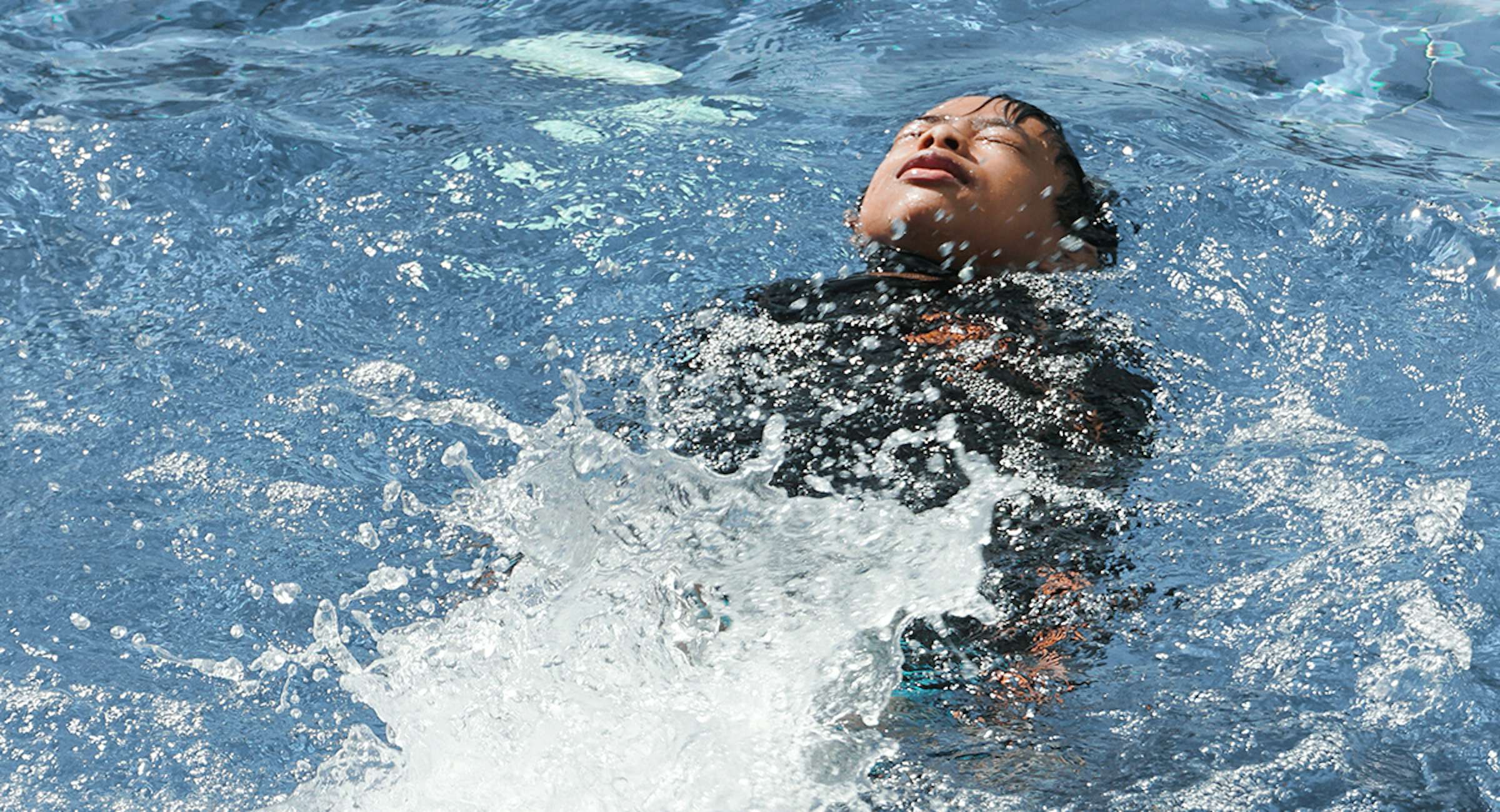
Cold Water Survival Guide for New Zealand Boaters
Brrrr. That may well be your first reaction to the "surviving in cold water" heading. That, followed by a shiver of fear at the mere prospect. As with most things carrying the potential for danger, it pays to arm yourself with preventative knowledge.
Maritime NZ has valuable information on techniques to assist with surviving cold water immersion, covering what to do if you go overboard, how the body reacts to cold water, and how to improve your chances of survival.
New Zealand's waters are particularly unforgiving. Water temperatures can drop to under 10°C in winter, and even our coastal waters average just 15°C during the coldest months. Recent incidents around our coastline - from the Riverton bar to areas between the Māhia Peninsula and Gisborne - show that tragedy can strike anywhere, with some occurring just 100 metres from shore.
How your body reacts to cold water
Most people think hypothermia is the main danger, but that's wrong. Cold water kills in stages, and the immediate threats are far more dangerous.
Cold shock happens first. When plunged into cold water, your uncontrollable gasp reflex can cause you to inhale water and drown before you surface again. Your heart rate and blood pressure spike instantly, potentially causing cardiac arrest even in healthy people.
Muscle failure comes next. Within minutes, you lose the strength to climb back aboard or operate a flare. In water, the body loses heat 20 to 30 times faster than in air.
Hypothermia is the third stage. Your core temperature drops, affecting your brain and organs.
If you go overboard
If you are on your own:
- Don't try to swim unless the shore is very close. Tests show an average person wearing a lifejacket could swim about 1.85 kilometres in 10°C water, under ideal conditions
- Get out of the water, however possible. Climb onto your overturned boat or any floating debris
- Use the HELP position - draw your knees to your chest and wrap your arms across your chest, hugging your life jacket
- Keep your head out of the water. Nearly half of your body heat is lost through your head
If you are in a group:
- Huddle together, with children in the middle as they succumb to cold more quickly
- Stay together - don't let panic separate your group
Critical points:
- Stay calm. Panic impairs breathing and hastens drowning
- Keep your clothes on - they provide insulation even when wet
- Never drink alcohol before boating - it actually speeds up heat loss
Modern safety equipment
Your lifejacket needs more than just flotation. A proper setup includes a harness, spray hood, crutch strap, water-activated light, reflective tape, whistle, and safety knife. For a comprehensive guide on essential boating safety equipment, including what to check before each trip, we've covered all the must-haves. The spray hood is particularly important in New Zealand conditions - it prevents water from swamping your airway in rough seas.
Personal locator beacons have transformed rescue chances. Your odds of being found as a person overboard are less than 50:50, but the right beacon technology can push those odds above 90%. AIS MOB devices send alert messages within seconds to local vessels, while modern PLBs with Return Link Service send confirmation that your distress message was received.
Before You Head Out
Check water temperature, not just air temperature. Test your safety gear regularly - when did you last check your lifejacket's CO₂ cartridge? For detailed advice on preparing your boat for storms and bad weather, including securing equipment and checking systems, it's worth a read.
Make sure someone onshore knows where you're going and when you plan to return. Pack extra warm clothes, emergency shelter, and communication devices.
Be particularly careful around New Zealand's notorious bars. Places like Tairua Bar regularly see incidents due to shifting sands and unpredictable conditions. If you're concerned about bar conditions, don't cross.
What to do in a rescue
If you're pulling someone from cold water, get them out immediately - every second counts. Remove wet clothing and replace with dry layers. Warm their core first - chest, neck, and groin areas. Handle them gently as rapid warming can cause dangerous heart rhythms.
Get medical help even if they seem fine. Post-rescue collapse can happen hours later. If the person stops breathing, start CPR immediately - hypothermia causes breathing rates to drop dramatically. For more detailed guidance on what to do in boating emergencies, including person overboard procedures, we've got you covered.
The Maritime NZ site includes comprehensive information on all these techniques and more detailed guidance on improving your survival chances.
Sobering information, yes. But refer to the Maritime NZ information and take it on board to better arm yourself for survival.